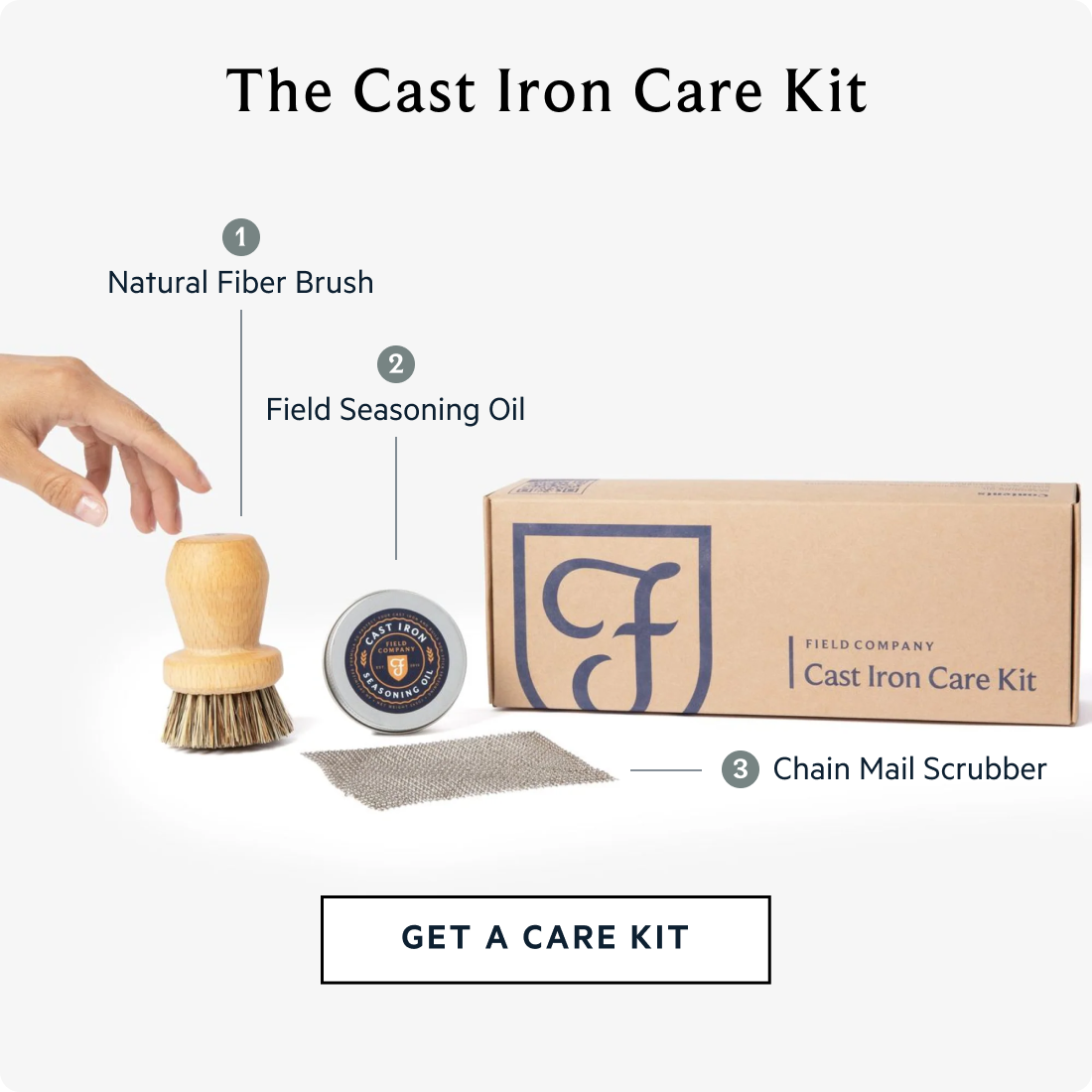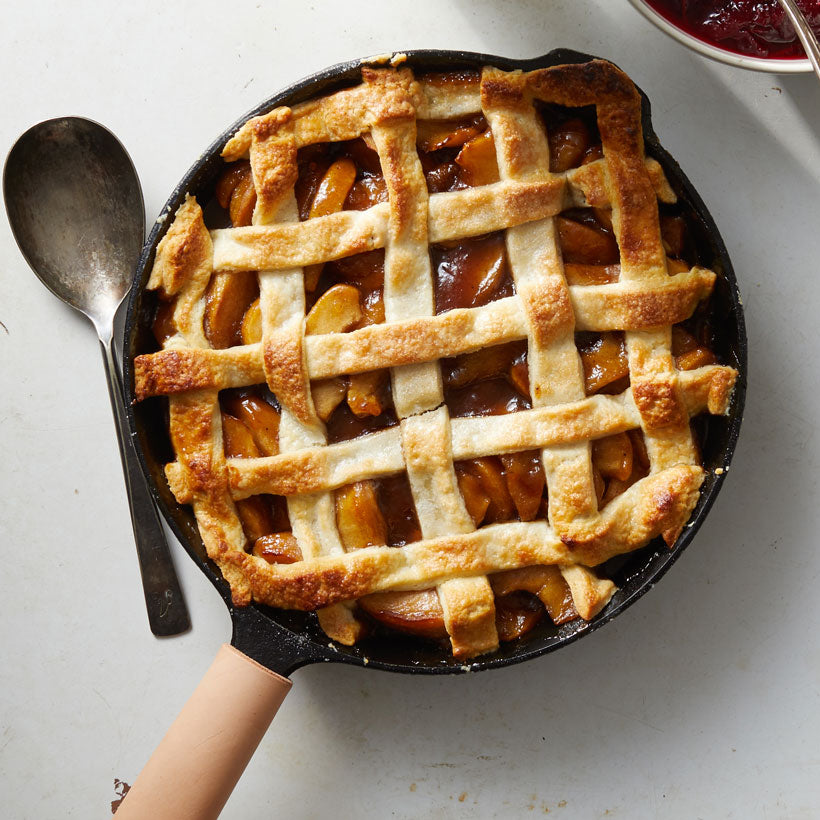One Stack Farm
Our Uncle Peder and Aunt Faith ran a small apple farm in Stow, MA called One Stack Farm. Every October, we’d gather with friends and family to help clean out the last of his apples for cider pressing. It was the definition of lo-fi —old wood bushel boxes, barn cats on the prowl, and a few gorgeous, antique cider presses on the street. Once we’d cleared out the orchards of all the drops, we’d split into teams for tag football, drive the tractor around, and share a potluck meal.
This tradition, called the Apple Corps, started around 1980 and continued for decades until Uncle Peder stepped down in his 80s. Part of the beauty of it was that little changed over the years except for a health department-mandated white room and a machine for chumming apples. But the presses, with their well-worn wood and smell of grease that hit a perfect note with the fresh apple juice strained through cheese cloth, were a constant.
Uncle Peder had his own way with customers—a bit gruff and to the point—which we came to understand was on several counts: it wasn’t exactly a commercial operation, he was really making cider for himself and the joy of it. It wasn’t until we were teenagers that we realized he liked to keep as much as possible to turn into hard cider and mix with bourbon through the winter months.
The fresh cider ruined us on commercially available cider. When you press cider yourself it’s a living beverage somewhat similar to kombucha. It has some funk and some depth of flavor and is a world apart from heavily pasteurized and strained apple cider that you’d find in a grocery store.
The Tradition Lives On
The press has at least a half century of use imparted into it, the oak wood deeply saturated with years of pressing. It’s an amazing piece of machinery, simple and handsome. It works with a powerful ratchet mechanism. All the parts were either turned with an old school lathe or forged by hand, giving them a sense of liveliness and character that a piece of industrially stamped metal would find hard to muster. It’s a satisfying tool to operate.





